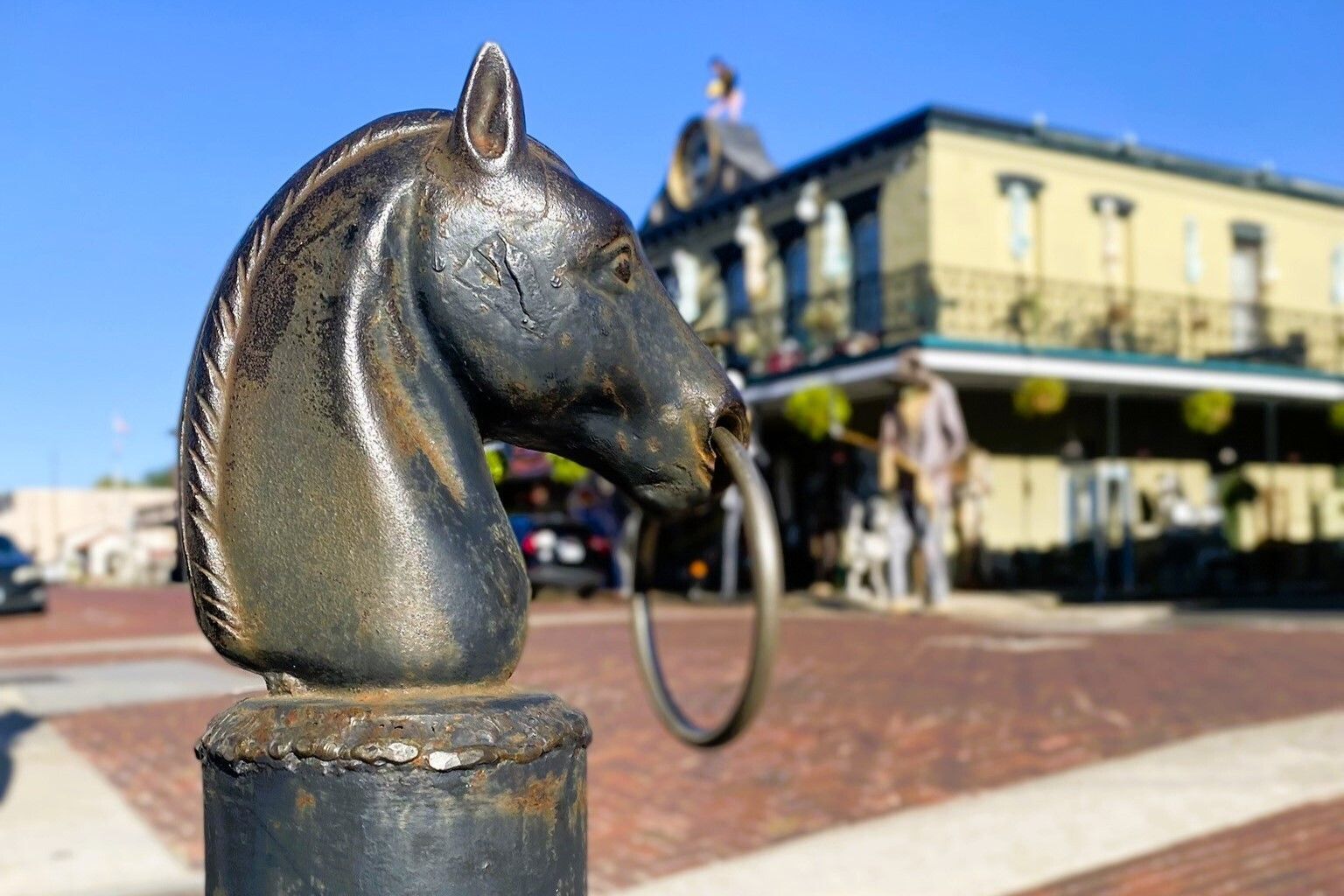In the summer of 1718, Martín de Alarcón made his way from Mexico to East Texas. When he crossed the Rio Grande, his entourage included 72 people, 548 horses, six teams of mules, and all the attendant goods and supplies¹. Among Alarcón’s assignments was to resupply the new missions with food, clothing, and the necessary items for bringing religion to the native people they sought to attract to the church. Supplies on their way to the missions earlier that year were undelivered due to flooding at the Trinity River. Soldiers hid them in hopes of being delivered later. Oh, and along the way, the Mission San Antonio de Valero, what would become the Alamo, was founded. Facts like these are what fill volumes of history. Official edicts, archival records, letters, and diaries are the sources for our understanding of events and milestones of history like these. (¹Credit to Donald E. Chipman, Spanish Texas, 1519-1821. University of Texas Press, 1992.)
There are other layers of history, however. Or maybe just a different way of looking at it.
While in East Texas, Alarcón had an obligation to do what he could to reduce the flow of contraband goods into the province. At one of the missions, he confiscated what were clearly French-made goods, including some splendid cloth, brocade trim with gold embellishments, almost 200 pieces of fine lace, and 24 pairs of blue stockings. It is a list of unlicensed goods like many of the others found in Spanish archives, but that last item triggered a series of questions for me that history cannot answer. First on the list of those questions is to wonder who in the world would be wearing blue stockings in the summer of 1718 in Spanish East Texas? What were they doing there?
In allowing myself the curiosity of that question, patterns emerged, which combined with an understanding of our nature as humans, may help answer that question. Lists of contraband goods often included weapons, ammunition, and other items clearly troublesome for the Spanish. More often, they were lists of finery and personal pleasures: scissors, dinnerware, bolts of cloth, tobacco, playing cards. These kinds of items not only had real value in a frontier economy, but they were also merely items that brought small pleasures and comfort to a people far from any other form of civilization.
One poorly equipped Spanish soldier visiting Nacogdoches in 1792 was caught up in an investigation of the contraband that he and his fellow soldiers, including their captain, were taking back to Béxar. When asked what he traded for the bolt of cloth he was taking home to his sweetheart, the soldier said he traded the bridle off his horse and his breakfast biscuit. This poor soldier was willing to ride back to Béxar without breakfast or a bridle for his horse and to risk arrest, simply to please his lady.
It seems that Spanish dictates never managed to consider these simple acts of human nature. Whether for this soldier or for the Indian chief or priest who was able to strut their fine blue stockings proudly, the real history is personal.
Gary L. Pinkerton is the author of Trammel’s Trace: The First Road to Texas from the North

